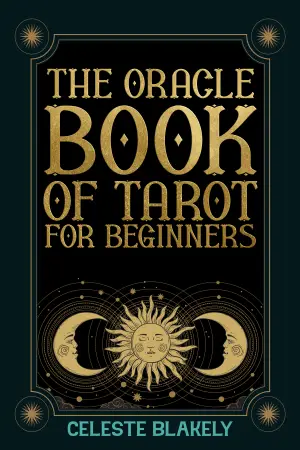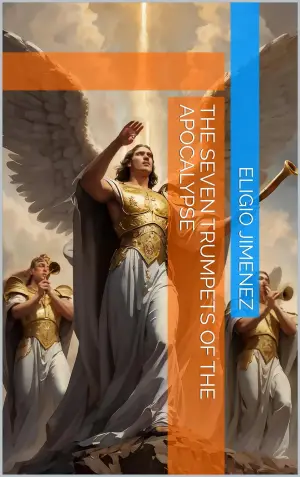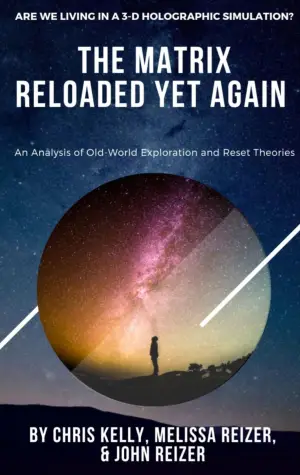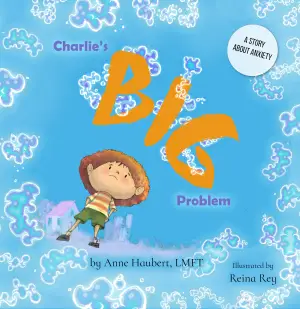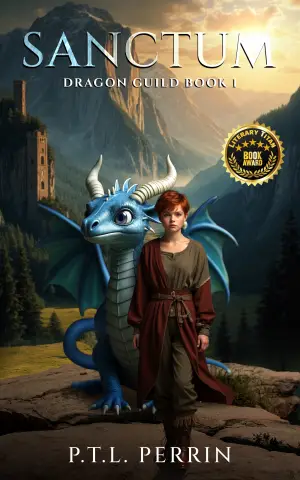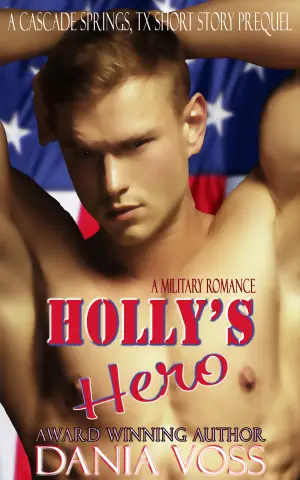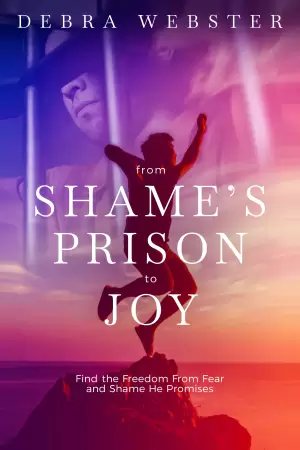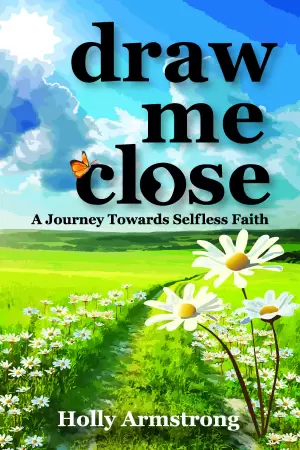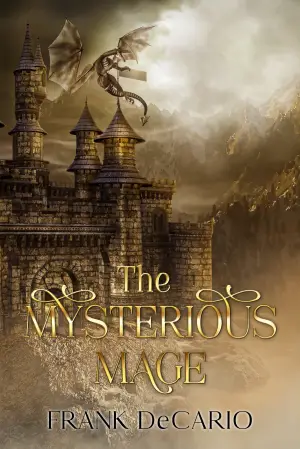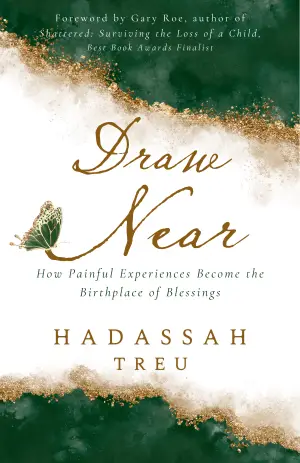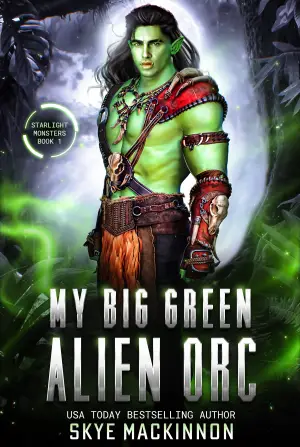Review of Lessons in Chemistry by Bonnie Garmus
There’s something truly captivating about a book that combines wit, heart, and feminism, especially when set against the backdrop of a time when women were often relegated to the sidelines. Bonnie Garmus’s Lessons in Chemistry caught my attention with its unconventional protagonist, Elizabeth Zott, and I found myself swept away into a world that both entertained and challenged me in a myriad of ways. From the minute I picked up this novel, I knew I had stumbled upon something special.
At its core, Lessons in Chemistry is a rich tapestry of courage, resilience, and the struggle for recognition in a male-dominated field. Elizabeth Zott, an exceptionally brilliant chemist, faces relentless struggles and prejudices, yet she embodies a fierce determination to carve her own path. Her journey—from a misunderstood scientist to an unexpected television star teaching women to embrace chemistry in all aspects of life—reflects the broader fight for equality and identity. I found myself laughing out loud at her dark humor while also tearing up at some of her more poignant moments. Garmus masterfully pulls us into Elizabeth’s emotional spectrum—one moment you’re chuckling at a quip, and the next, your heart aches for her loneliness.
One of the most enticing elements of the story is the unique chemistry—pun intended—between Elizabeth and Calvin Evans, a fellow scientist who somehow manages to understand and support her in a world that seems intent on boxing her in. Their initial meeting, where Calvin mistakes her for a secretary and somewhat accidentally vomits on her, sets the stage for a romance that feels authentically quirky and deeply real. This relationship, while unconventional, serves as a beautiful counterbalance to Elizabeth’s struggles and aspirations. And let’s not forget the warmth and loyalty of Six-Thirty, the lovable dog, who adds a layer of humor and tenderness to the narrative.
Garmus’s writing style is both accessible and layered; her humor shines through the thoughtful prose, creating a conversational flow that keeps readers engaged. There’s a rhythmic pacing to the story that feels like a well-timed dance, shifting seamlessly between laughter and drama. It’s clear that Garmus’s background adds depth to her depiction of the scientific world, and her feminist lens is cutting and insightful, making the reader question societal norms alongside Elizabeth.
One stand-out moment for me was when Elizabeth, in her cooking show “Supper at Six,” wittily declares that chemistry can solve more than just kitchen conundrums—it’s a metaphor for life itself. This sentiment resonates deeply because it’s a call to arms for women to take control of their destinies, no matter the obstacles. If Garmus’s voice and themes don’t resonate with you, I guarantee Elizabeth’s wit and wisdom will.
So, who would love this book as much as I did? Anyone seeking a brilliant blend of humor, feminism, and heartfelt storytelling will find a kindred spirit in Lessons in Chemistry. It’s a story that not only entertains but inspires, reminding us all to fight for our passions and to embrace the quirks that make us unique. I couldn’t help but give this book my wholehearted endorsement at the Goodreads Choice Awards, and I’m ecstatic to share that it has since been crowned as Barnes & Noble’s Book of the Year—rightly deserved!
In conclusion, if you haven’t already picked up Lessons in Chemistry, do yourself a favor and dive in. You might just find that you’ve discovered a new favorite, much like I did—one that lingers in your heart and mind long after the final page turns. Happy reading!

